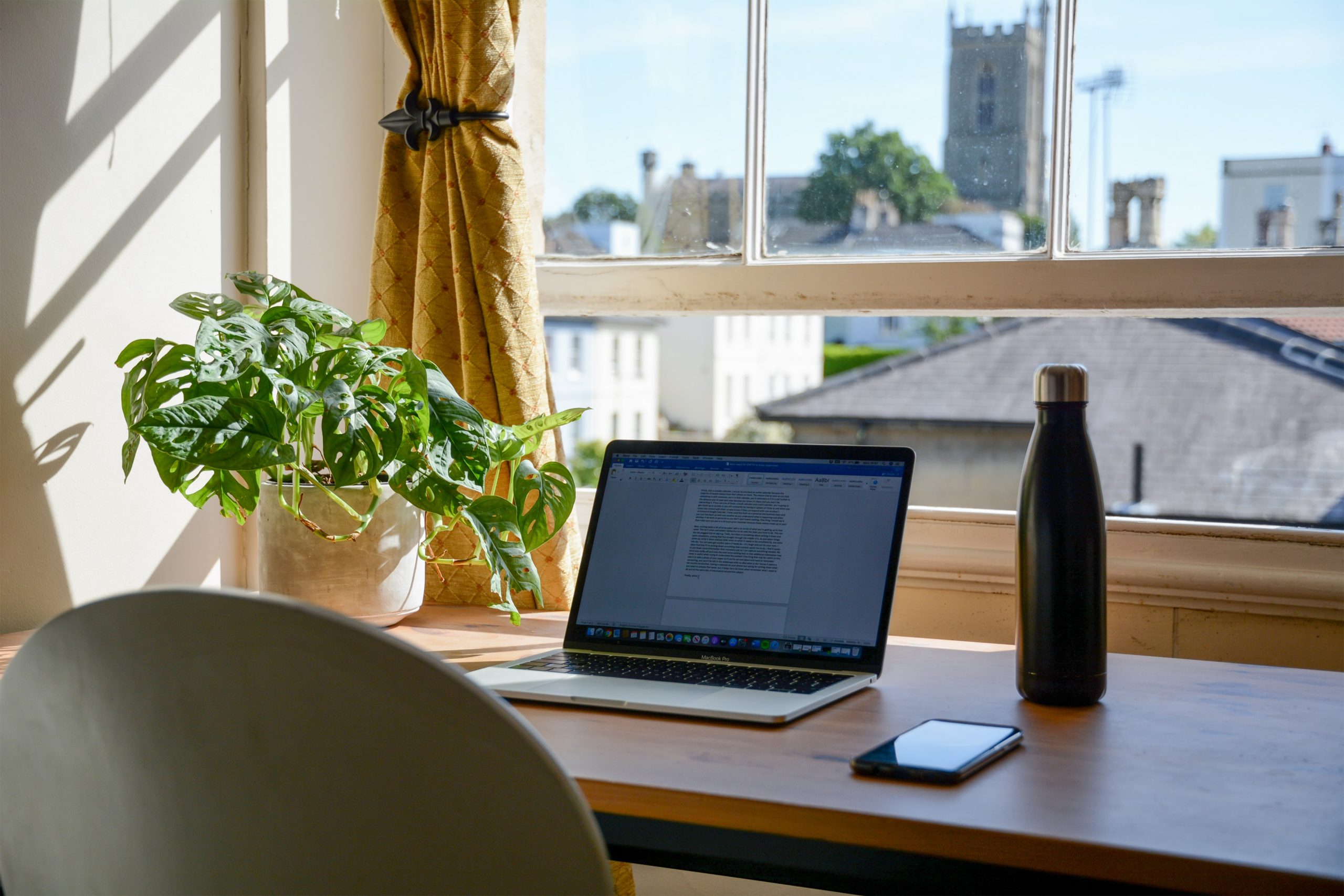Gone are the days when the white-collar employee is in the office five days a week, attends every meeting in person, and spends more time in traffic than sitting at their desk. Shorter work weeks, working from home, and more workplace flexibility has been discussed for years, however, in two short years, COVID-19 has dramatically changed the way we view the working week.
The five day, 40-hour workweek has been the standard for over 100 years. Employees were used to relocating across the country for their dream job, spending hours commuting via public transport or cars, and sometimes spending more than half their day in face-to-face meetings. Then in March 2020, offices shut down across Australia and everyone who could work from home were now forced to do so. Companies had to scramble to ensure their staff were equipped to work from home , employees had to create makeshift office spaces, and all meetings went online. Everything we were familiar with went out the window and we were left trying to make sense of it all.
Will the pandemic have a lasting impact on how we work?
Fast forward to April 2022, by now, most of us have been remote working from home for over two years and have adjusted to Zoom meetings, hybrid work arrangements, and less commuting. In other words, it’s our new normal. Why go to work five days a week, when it’s been proven that we can work from home? Many employers have embraced the new work model allowing employees to come into the office when necessary, choose the days they want to work from home, and have more flexibility with the hours they work. Some companies have even closed their office, forcing employees to work from home permanently.
Although we can’t predict the future, it appears that the pandemic will have a lasting impact on the way we work. Remote working, virtual meetings, and flexibility are the biggest changes brought on by the pandemic and have continued even though government mandates are allowing people to return to the office.
Resistance to adaptation
What happens when an employer hasn’t embraced the work from home model and insists that all staff must be present five days a week and every meeting must be in person? Will that model survive? Will companies fold because staff don’t want to come in five days a week? What happens with staff that no longer want to put up with long hours in the office, long commutes and the rigid 9-5 work hours? What will happen to the company?
Companies need to re-evaluate their practices, procedures, and goals and also realise that adaptation is key for survival. Once successful companies adverse to adapting have had to close such as Blockbuster, proving that failure to adapt is both costly and can mean the end of a company.
The pandemic has shaken up the working week in ways we could have never imagined in two short years. It will be interesting to look back on this time in five to ten years. Hopefully, many of the new ways of working will still be in practice and the working week will continue to evolve over time.
Iceberg, Melbourne’s go-to recruitment company! Specialising exclusively in recruiting for digital, marketing, PR, digital, experiential & advertising jobs. Permanent, freelance and contract roles available!. Sign up to our weekly newsletter HERE.


